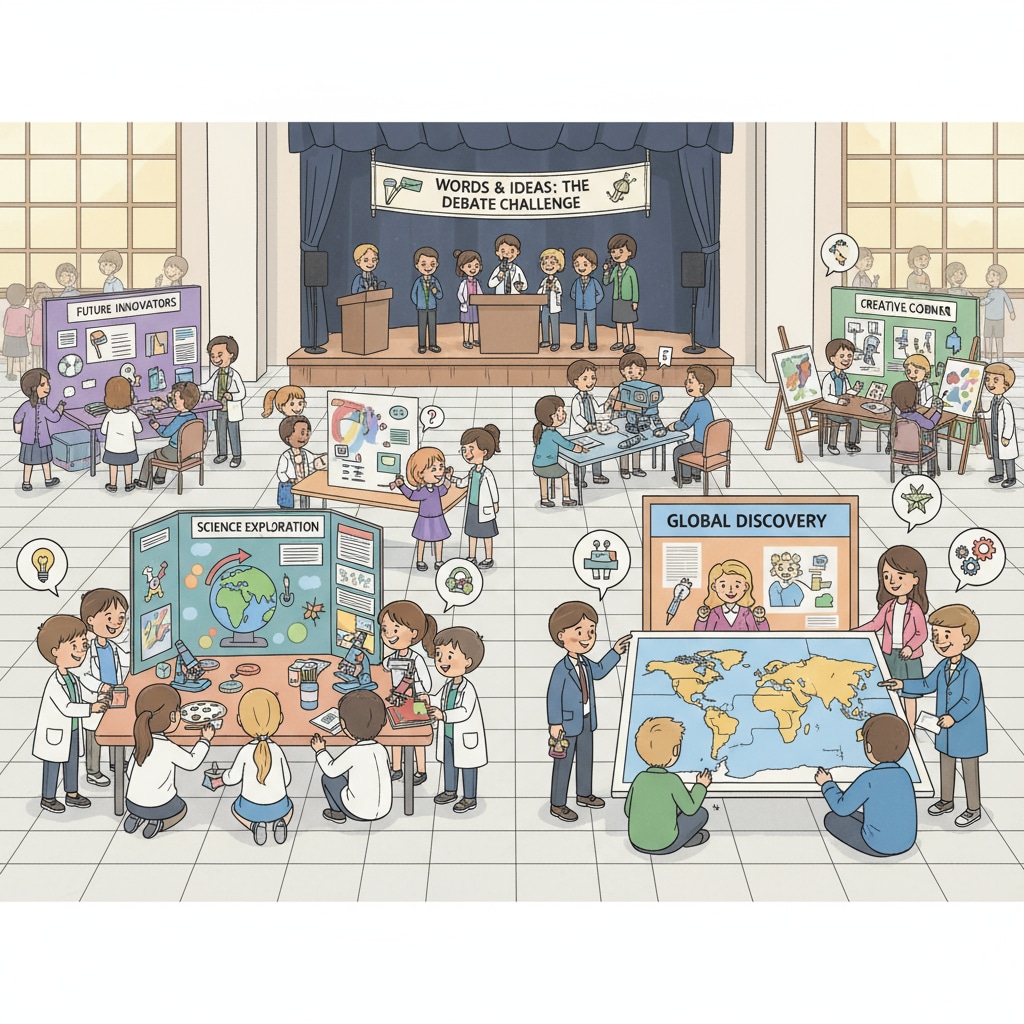Event planning, professional qualification certificates, communication studies vs business are crucial aspects to consider when exploring the emerging career of campus event planners in K12 education. In recent years, the role of event planners in the K12 educational landscape has gained significant importance. These professionals are responsible for creating engaging and educational experiences for students, from small classroom activities to large-scale school-wide events.

The Rising Demand for K12 Event Planners
With the increasing emphasis on holistic education in K12 schools, the need for skilled event planners has soared. Schools now recognize the value of extracurricular activities and special events in enhancing students’ learning experience. For example, a well-organized science fair can inspire students’ curiosity and love for learning. Event planners in this field must have a unique blend of creativity and organizational skills. According to Education World, schools are constantly seeking individuals who can design events that align with educational goals while keeping students engaged.
Skills Required for K12 Event Planning
To succeed as a K12 event planner, several key skills are essential. Firstly, strong communication skills are a must. Planners need to communicate effectively with teachers, students, parents, and vendors. In addition, creativity is vital for coming up with innovative event ideas. Organizational skills are also crucial for managing budgets, timelines, and resources. For instance, a planner must be able to coordinate all aspects of a school play, from casting to set design.

Furthermore, problem-solving skills are necessary to handle unexpected situations during events. A good event planner should be able to think on their feet and find solutions quickly. And having a basic understanding of educational principles helps in creating events that are both fun and educational.
Educational Background: Communication Studies or Business?
The choice between communication studies and business as an educational background for K12 event planning has its pros and cons. Communication studies graduates often possess excellent communication and creative skills. They are trained to understand audience behavior and develop engaging content. On the other hand, business graduates bring strong organizational and financial management skills to the table.
According to The Chronicle of Higher Education, both paths can lead to successful careers in event planning. It ultimately depends on the individual’s interests and strengths. Some event planners even choose to combine elements of both fields by taking relevant courses in both communication and business.
Professional Qualification Certificates
Obtaining professional qualification certificates can significantly enhance an event planner’s prospects in the K12 field. Certifications such as the Certified Special Events Professional (CSEP) demonstrate a planner’s proficiency in various aspects of event planning. These certificates not only provide credibility but also open doors to better job opportunities and higher salaries.
In addition, industry-specific courses and workshops can help event planners stay updated with the latest trends and best practices. For example, a course on using the latest event management software can give planners an edge in the job market.
Readability guidance: As we’ve seen, the role of K12 event planners is multi-faceted. They need a combination of skills, an appropriate educational background, and relevant professional qualifications. By understanding these aspects, individuals can chart a successful career path in this exciting field. Whether you choose communication studies, business, or a combination of both, along with obtaining the right certificates, you can make a mark as a K12 event planner.


